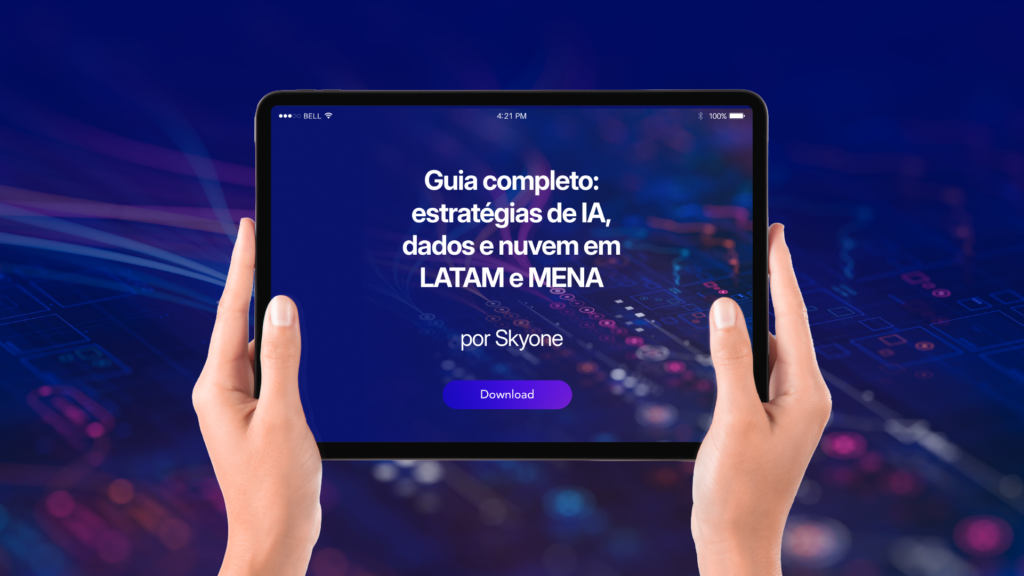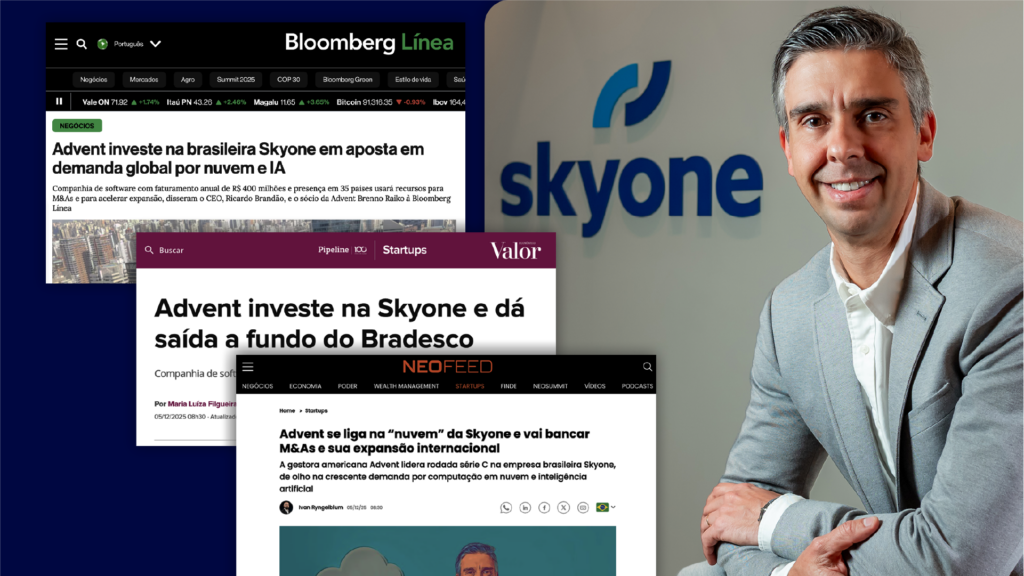The job market is at a turning point. What once seemed distant (the so-called professions of the future ) are now part of the present and are beginning to dictate which skills will truly be valuable in the coming years. Artificial intelligence , automation , and cybersecurity aren't just buzzwords: they're creating new roles and reshaping traditional careers.
Check it out and enjoy reading!
What are the professions of the future?
The professions of the future include careers that promise growth and relevance in the coming years, opening doors for those who prepare in advance.
Whether you're just starting your career or considering a career change, looking at future trends can be more strategic than focusing solely on the most popular occupations today.
These are occupations that emerge or transform rapidly in response to technological innovation, economic changes, and social challenges. They require technical, cognitive, and socio-emotional skills, such as adaptability, collaboration, and communication.
According to the World Economic Forum ( WEF, 2025 ) , nearly half of current skills (44%) will need to be transformed by 2027. This means that six in ten professionals will need to undergo reskilling processes to keep up with new demands.
And the movement doesn't stop there. The Reskilling Revolution 2030 predicts that by the end of the decade, it will be necessary to restructure the skills of 1 billion people worldwide. The goal is clear: to prepare workers for emerging professions and the inevitable career transitions that will accompany this revolution.
Main trends shaping the market
If you want to prepare strategically, understanding which technologies and social changes are shaping the future of work will help you make more assertive decisions about your career and development.
- Artificial Intelligence and Automation – replace repetitive tasks and create new strategic functions
- Digital globalization and remote work – require adaptation to collaborate with distributed teams
- Cybersecurity – exponential growth of digital threats
- Sustainability and clean energy – require professionals trained in new environmental technologies

The Reskilling Revolution reinforces that, in addition to technical skills, social-emotional competencies are essential for dealing with hybrid and automated work environments.
You may also be interested in: Prompt engineering: what it is and how it works
Essential skills for the professions of the future
Knowing which skills will be most valued is as important as choosing the right field.
If you want to stay relevant, it's important to develop technical and socio-emotional skills that keep pace with the evolving job market.
According to the WEF , the most valued skills include:
- Critical thinking and complex problem solving
- Creativity and innovation
- Data Literacy and AI
- Resilience and adaptability
- Communication and collaboration in digital environments
The global skills taxonomy organizes competencies into technical, cognitive, socio-emotional, and behavioral skills, helping professionals and companies identify strategic areas for development.
How to prepare
Preparing for the professions of the future goes beyond studying a list of skills: it involves practice, continuous learning, and constant adaptation.
Image: Taxonomy of Education 4.0 – Reskilling Revolution 2030 (WEF)
If you want to take advantage of emerging opportunities, it's time to invest in courses, certifications, and experiences that transform knowledge into concrete results.
- Invest in continuing education in technology and data analysis
- Develop soft skills — adaptability, communication, and collaboration
- Participate in reskilling and upskilling programs promoted by companies and educational institutions
- Adopt a growth mindset , learning, unlearning and relearning
Conclusion
The future of work brings challenges, but also unique opportunities for those who anticipate change.
If you want to build a solid career aligned with global trends, looking to the future and investing in continuous learning is the best strategy.
Author
-
Raquel is a marketing director with 15 years of experience in high growth B2B companies. It works in the development of integrated demand generation strategies, ABM, content and brand positioning, with expansion focus and acceleration of results. Throughout his career, led teams, boosted releases, and supported the entry into new markets. He believes marketing goes far beyond numbers, is about connecting people, solving problems and accelerating success stories.





